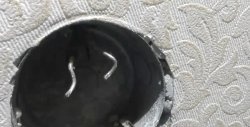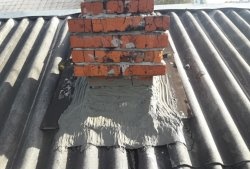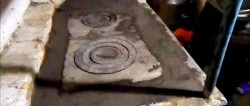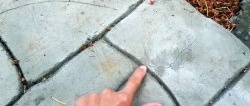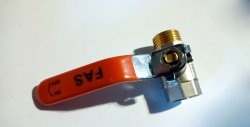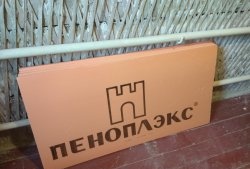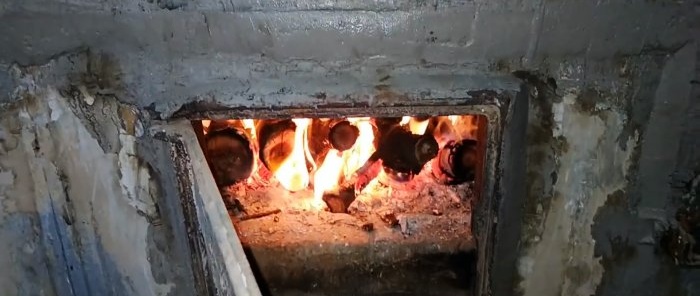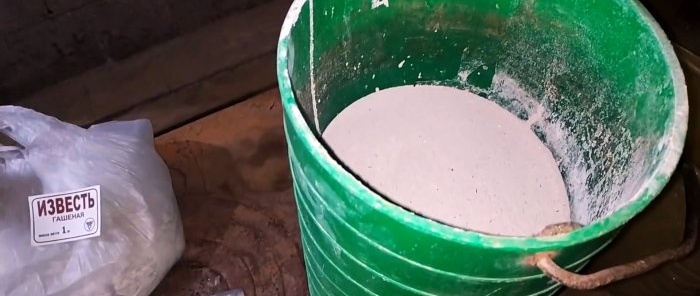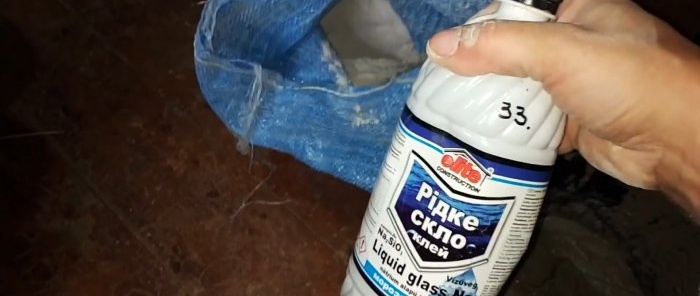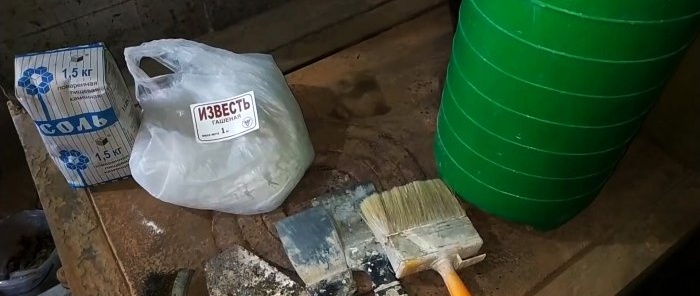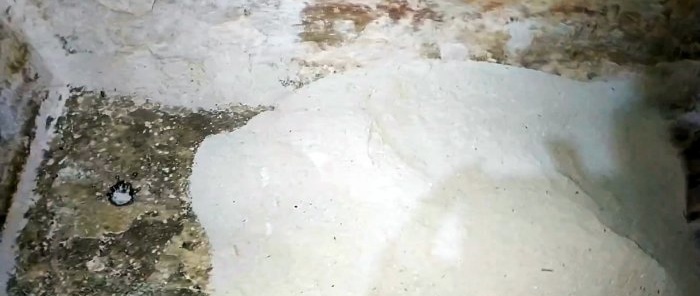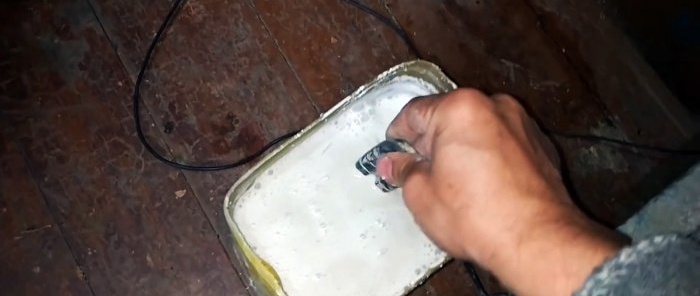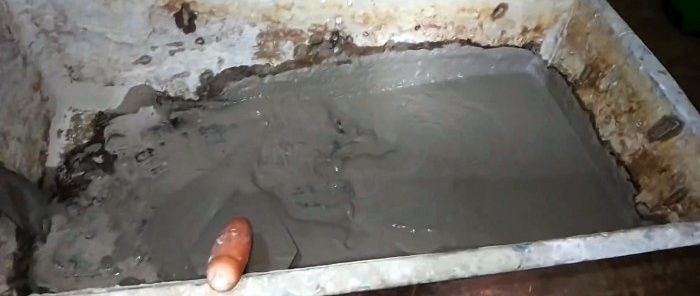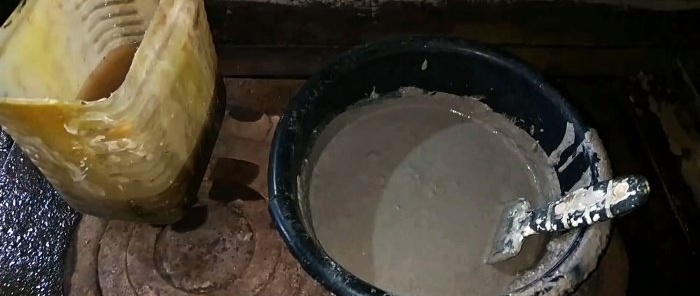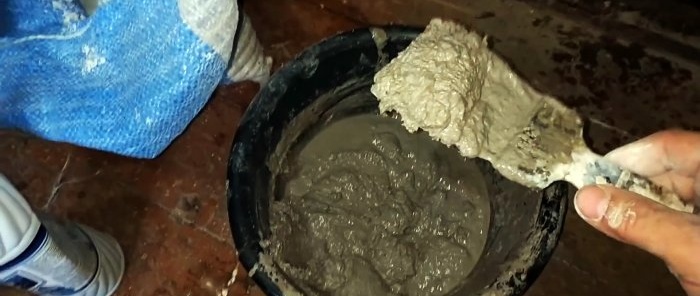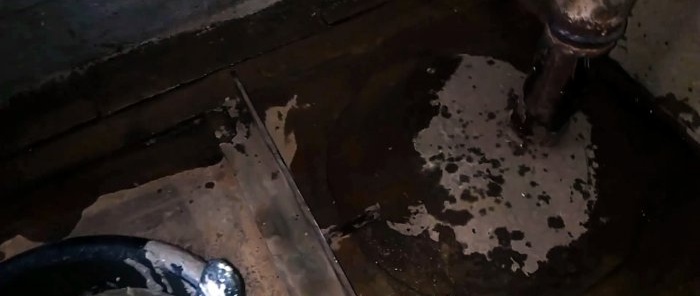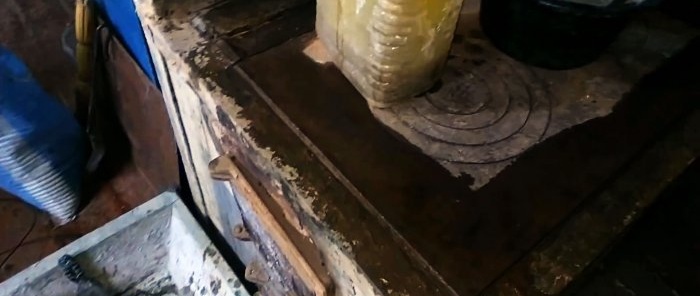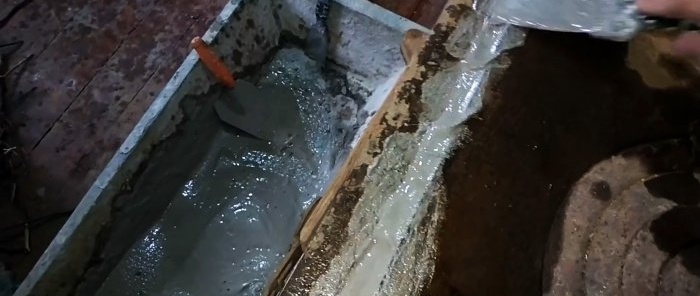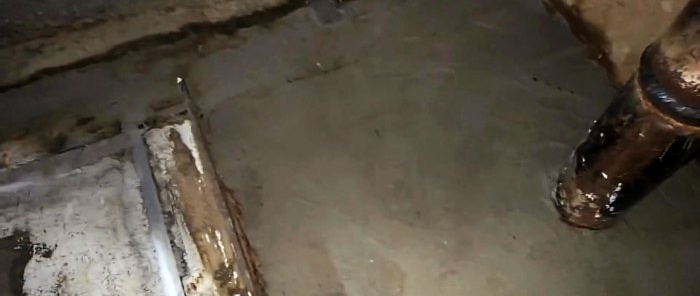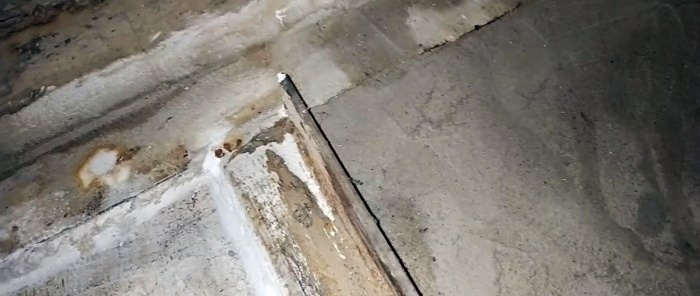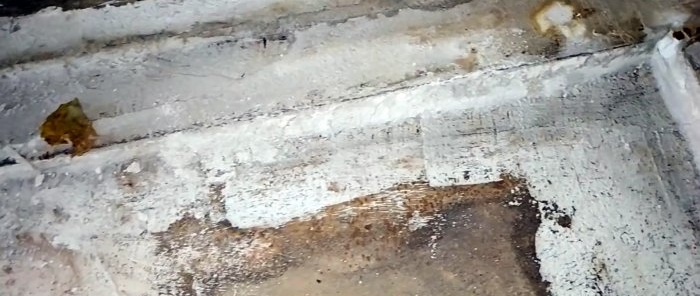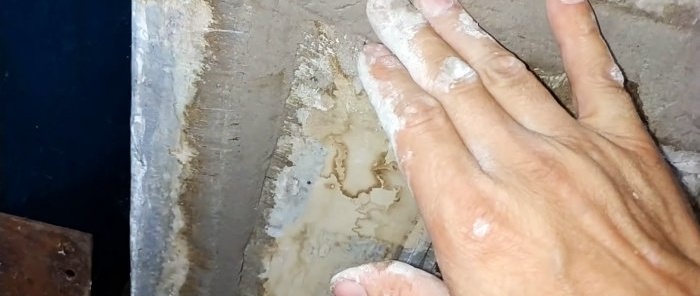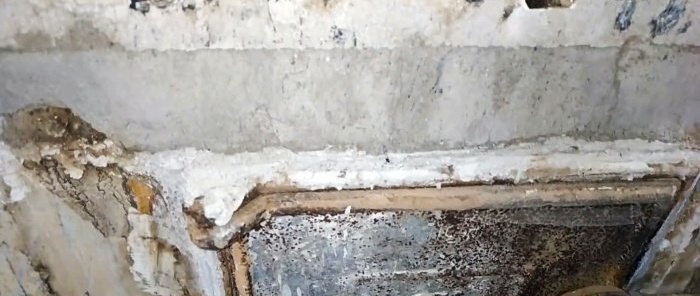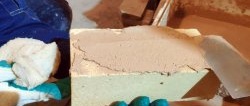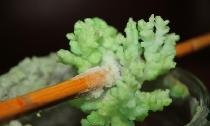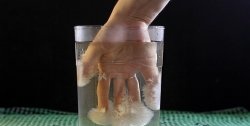How to make fireproof mortar for a stove that won't crack
To improve the brickwork of the stove, ordinary plaster is not suitable, since when heated it will crack and crumble. For this you need a special fireproof solution. You can make it yourself from inexpensive materials available in every hardware store.
What you will need:
- slaked lime;
- ash sifted through a sieve;
- liquid silicate glass;
- water;
- table salt.
The process of preparing alkaline plaster
For one portion of plaster you need to prepare 6 liters of ash sifted through a sieve. It is mixed in a large container with 1 kg of regular table salt.
Next, you need to mix 1 kg of slaked lime in water until you obtain the consistency of lime milk.
The milk is gradually poured into a container with ash and salt. You will need enough of it to get a solution suitable for plastering. The milk should leave a thick sediment, which is better not to pour into the alkaline plaster, as it will not mix properly, which will reduce the strength.
The resulting composition can already be used for plastering the stove, but if it is necessary to level it in layers of a couple of centimeters, then it is also necessary to pour in liquid silicate glass. It is added in such an amount that the solution acquires the required plasticity and stops spreading on vertical surfaces.
Wet the surfaces to be treated.
Plastering.
After plastering, you should fill the stove with wood and heat it. As it heats up, the moisture in the plaster will begin to evaporate. As a result, the solution will shrink and gaps will appear between it and the metal surfaces. Immediately as they appear, the plaster is smoothed.
If you are not lazy and still heat the stove, then the plaster can be done in one go, achieving complete tightness. At first, when setting, the solution will become even more plastic and easy to work with, almost like gypsum plaster. As soon as the composition becomes dense and stops shrinking, you can no longer add firewood, and give the plaster a few days to completely dry and harden naturally.
Alkaline plaster according to this recipe, if necessary, can be used directly during the heating season to repair cracks in the stove masonry. If necessary, it will dry and adhere firmly even on a constantly hot surface. The only thing is that when working in such conditions in an unventilated area, there will be a smell of lime and wet ash.
Watch the video
Similar master classes
Particularly interesting
